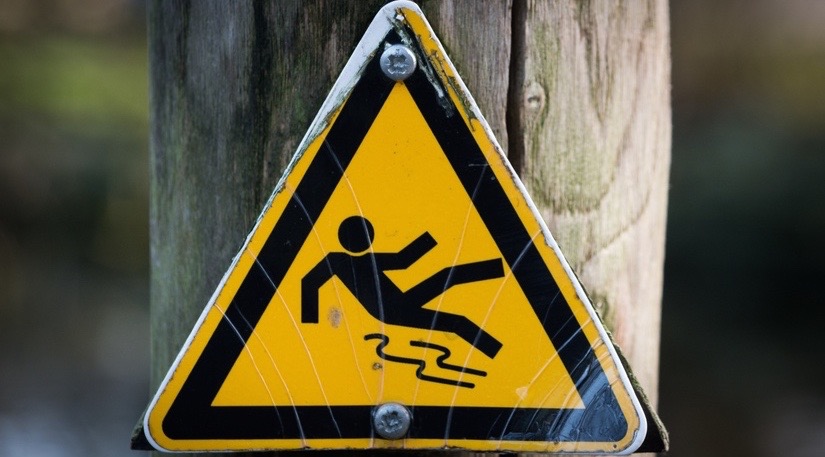Last Tuesday I introduced the concept of intellectual virtues. In short, I noted that an intellectual virtue is “a characteristic, like humility or cautiousness, that allows us to be more successful in discerning the truth.” Or, as Duncan Pritchard puts it, an intellectual virtue “is a character trait which makes you better suited to gaining the truth” (Pritchard, What Is This Thing Called Knowledge?, p. 58). So then, we should think of intellectual virtues as those intellectual characteristics that help us, instead of preventing us, to understand the world as it really is.
But what are some examples of intellectual virtues and how they work? Philosophers that write about such virtues typically give a rather long list. Examples could include such intellectual virtues as studiousness, humility, honesty, autonomy, courage, firmness, generosity, and prudence to name just a few. Space won’t allow us to explore each of these, but we can highlight at least one. Let’s consider the virtue of carefulness. Someone who possesses the intellectual virtue of carefulness is someone that avoids the temptation to jump to a conclusion. She is patient with the process of investigation, diligent to note any emotions, experiences, or circumstances that skew her view of a situation, and reluctant to accept a view of something just because it is affirmed by the majority of her peers. The intellectual virtue of carefulness helps us avoid all the errors that come from these pitfalls.
Here’s an example of how this virtue comes into play. In How Do We Know?, Mark Foreman and I talk about how medical doctors, or maybe I should say patients, are better served by carefulness. We say:
“Consider an example from the medical profession. Studies have shown that some doctors spend very little time listening to patients about their symptoms on office visits. In some cases, it can be as little as 15 or 20 seconds. Given the demands of their busy schedules and the fact that many patients have obvious textbook symptoms of a particular sickness, it’s easy to understand why this happens so often. As such, after listening for a brief period of time, the doctor comes to a diagnosis, writes a prescription, and is off to the next sick patient. Most of the time, this works. Sometimes, however, the situation can be more complicated than it may first appear and a serious problem can go untreated. In these cases, catastrophic consequences follow from a failure to give careful examination to a patient’s health” (Dew & Foreman, p. 125)
This example highlights the need for intellectual virtues generally, and carefulness specifically. I, like you, want my medical doctors to be far more thorough when they consider any medical issues I might have. But, what about us? Don’t we also make numerous judgments about important things on a regular basis? And, when we do, are we careful or careless? Do we spend only 15 to 20 seconds considering the relevant information? Or, are we more careful? If we’re honest, we’d have to admit that we are often not as careful as we should be. But, now that we’re aware of it, surely we can strive for something better. Let’s have the intellectual virtue of carefulness become characteristic of our minds and our thinking!


